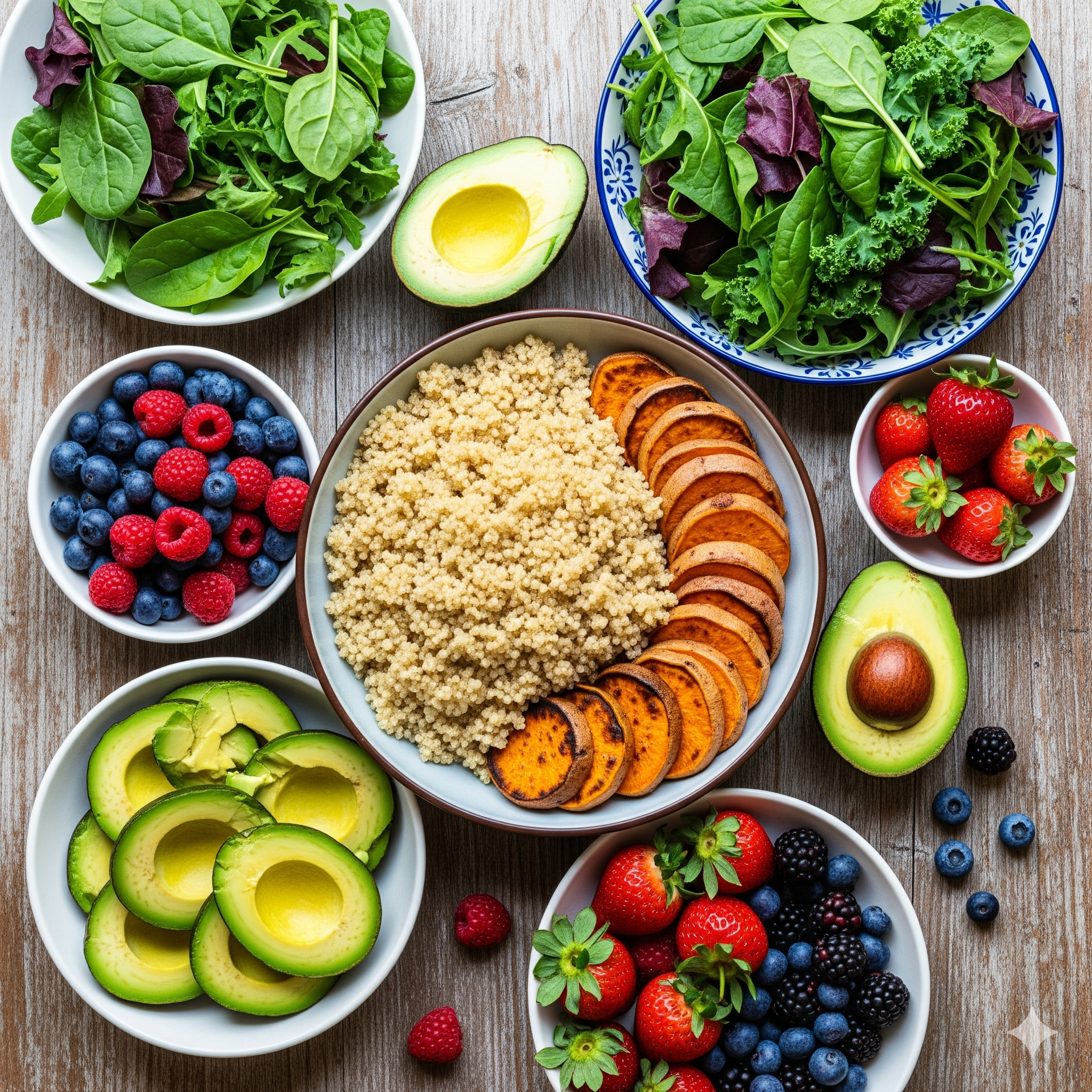For years, “gluten-free” was seen as a trendy buzzword. But here’s the truth: for many people, cutting out gluten can be life-changing — not just for those with celiac disease, but for anyone struggling with chronic gut issues, inflammation, or even energy crashes after meals.
As someone who has spent years uncovering little-known health secrets to optimize wellness and prevent disease, I’ve seen first-hand how removing gluten has helped friends, clients, and even myself feel better — mentally and physically.
Let’s break down the real, science-backed benefits of going gluten-free (and how to do it without feeling deprived).
✨ Why Go Gluten-Free?
1. Celiac Disease
This one’s a no-brainer. If you’ve been diagnosed with celiac disease, gluten is literally damaging your intestines. Even trace amounts can lead to:
- Nutrient malabsorption
- Chronic fatigue
- Digestive pain
- Long-term autoimmune complications
Going 100% gluten-free isn’t optional — it’s critical for healing and thriving.
2. Crohn’s Disease or Chronic Gut Inflammation
You don’t need celiac disease to be sensitive to gluten. Many people with Crohn’s, IBS, or other inflammatory gut conditions report:
- Fewer flare-ups
- Reduced bloating
- Less brain fog
… after cutting gluten from their diets.
Why? Gluten is known to increase intestinal permeability (aka “leaky gut”), especially in people already prone to inflammation.
3. Trying Paleo or Keto? Gluten-Free is Already Half the Battle
If you’ve been exploring low-carb, Paleo, or keto-style eating, you’re probably cutting out most gluten by default.
But going fully gluten-free can help you take it even further — especially if you’re hitting a plateau or still experiencing:
- Brain fog
- Low energy
- Cravings or crashes
- Digestive issues
Ditching gluten is often the final step that makes those clean eating efforts finally feel good.
4. Energy, Mood, and Focus
Even without a formal diagnosis, many people experience surprising improvements when they remove gluten:
- More stable energy throughout the day
- Improved focus and productivity
- Reduced anxiety and brain fog
- Fewer migraines or headaches
If you’re genetically predisposed to inflammation (like me — I carry two copies of the Alzheimer’s gene), reducing triggers like gluten can be a game-changer.
5. Weight Management and Cravings
Gluten-containing foods are often ultra-processed, carb-heavy, and trigger cravings.
Many people naturally:
- Lose weight
- Reduce belly bloat
- Regulate appetite
… when they remove gluten and replace it with nutrient-dense alternatives.
You’ll also find it easier to avoid the blood sugar rollercoaster that leads to overeating and fatigue.
🥖 But What Do I Eat Instead?
If you’ve tried going gluten-free before and felt stuck, you’re not alone. The biggest challenge is usually:
“What do I replace bread, pasta, and baked goods with?”
Good news: You don’t have to figure it out alone.
👉 My friend created an incredible resource to help you navigate exactly that. He breaks down the best gluten-free flours, how to bake without wheat, and tasty swaps for your favorite comfort foods.
🎯 Check it out here: www.bakingsubs.com & if interested, he even has a course on how to bake gluten free.
💡 Final Thoughts
You don’t need to wait for a diagnosis to see if gluten-free living could benefit your body and brain.
If you’re dealing with:
- Fatigue or bloating after meals
- Skin issues or inflammation
- Digestive problems
- Autoimmune risk
… then trying gluten-free for even 30 days could be a powerful experiment.
You deserve to feel vibrant — and sometimes, what you remove from your diet is just as powerful as what you add.
